Alexandra Ellerbeck/CPJ Americas Research Associate
Alexandra Ellerbeck, CPJ's North America program coordinator, previously worked at Freedom House and was a Fulbright teaching fellow at the State University of Pará in Brazil. She has lived in Chile, Bolivia and Brazil.
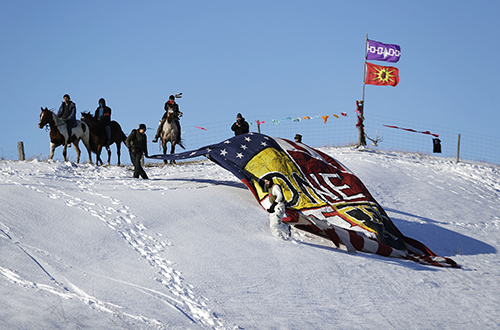
Journalists covering Standing Rock face charges as police arrest protesters
For months, environmental protesters have clashed with police and private security companies over plans for the Dakota Access Pipeline, a $3.7 billion project that opponents say will destroy Native American sites and affect the region’s water supply. While mainstream media have covered flashpoints in the protests, a core of mostly freelance, left-wing, and Native American…
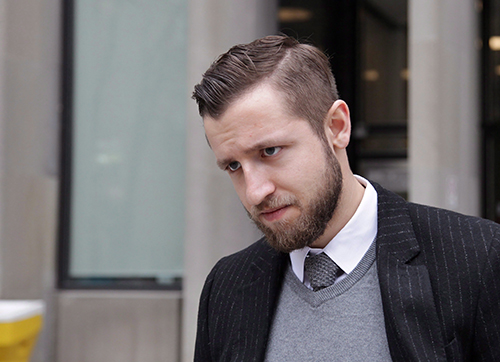
Surveillance of journalists and court orders puts Canada’s press freedom at risk
On February 6, VICE News reporter Ben Makuch is due to appear in court to appeal an order requesting that he hand over details of his communication with a source. The hearing comes ahead of a day of action being planned in Canada for February 25, when press freedom and privacy activists are due to…
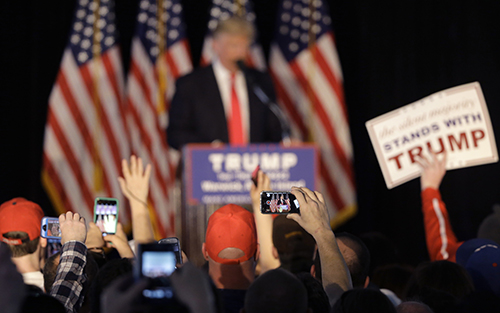
Transition to Trump: When a president-elect tweets, the trolls take aim
As a new presidential administration prepares to take over the U.S., CPJ examines the status of press freedom, including the challenges journalists face from surveillance, harassment, limited transparency, the questioning of libel laws, and other factors.
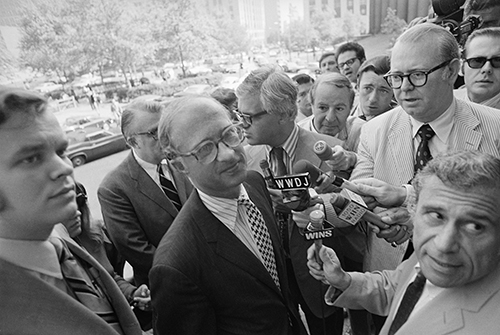
Transition to Trump: Reporters must be allowed to protect their sources
As a new presidential administration prepares to take over the U.S., CPJ examines the status of press freedom, including the challenges journalists face from surveillance, harassment, limited transparency, the questioning of libel laws, and other factors.
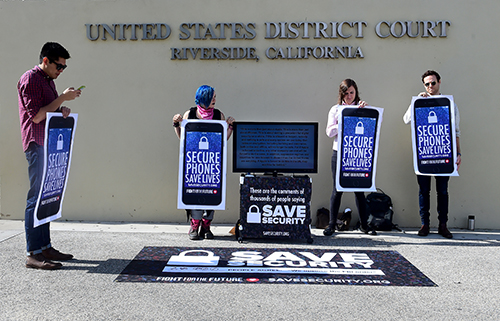
Transition to Trump: Why U.S. needs to be global leader in protecting strong encryption
As a new presidential administration prepares to take over the U.S., CPJ examines the status of press freedom, including the challenges journalists face from surveillance, harassment, limited transparency, the questioning of libel laws, and other factors.
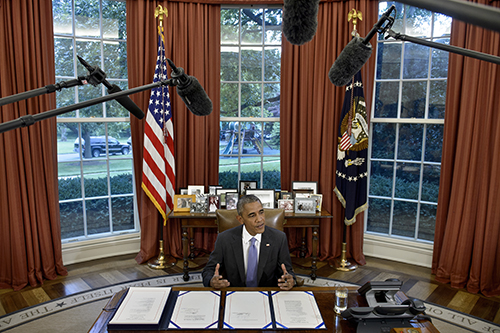
Transition to Trump: What Obama’s Freedom of Information legacy means for press
As a new presidential administration prepares to take over the U.S., CPJ examines the status of press freedom, including the challenges journalists face from surveillance, harassment, limited transparency, the questioning of libel laws, and other factors.
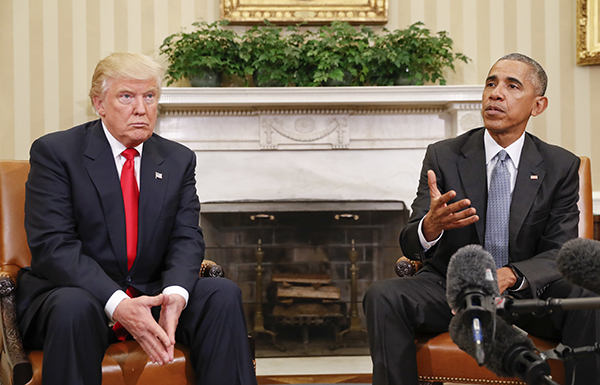
Transition to Trump: First Amendment attorney Floyd Abrams on Trump’s power over libel laws
As a new presidential administration prepares to take over the U.S., CPJ examines the status of press freedom, including the challenges journalists face from surveillance, harassment, limited transparency, the questioning of libel laws, and other factors.
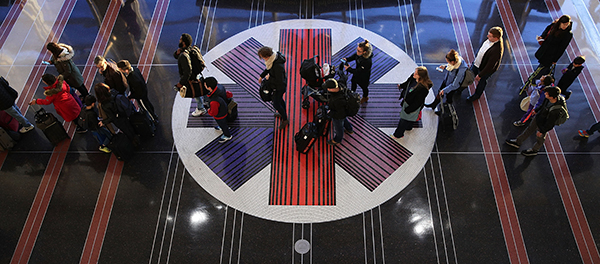
Security risk for sources as US border agents stop and search journalists
French-American photojournalist Kim Badawi did not go home to Texas for Thanksgiving this year. He didn’t want to risk a repeat of November last year, when he says U.S. border security detained him at Miami airport and interrogated him in minute detail about his private life, political views, and journalistic sources.
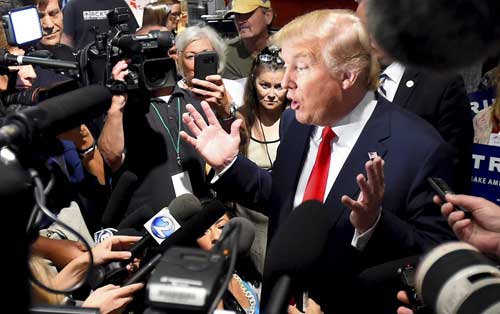
Why Trump’s insults of journalists must be taken seriously
Republican presidential candidate Donald Trump has called the mainstream media “crooked” “unfair” “troublemakers” and The New York Times a failing, “SAD!” newspaper “full of boring lies.” Individual reporters are “liars” and “bimbos,” according to his tweets.
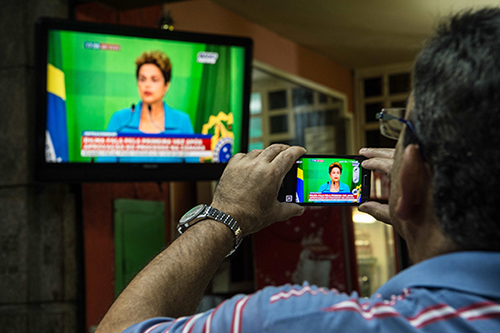
Cybercrime proposals risk undermining Brazil’s progress in securing free and open Internet
Two years ago, Brazil passed Marco Civil da Internet, a landmark piece of Internet civil rights legislation that made the country an international reference in digital rights. But its legacy is under threat from a cybercrime proposal that could radically change key aspects of the framework and threaten free speech online.